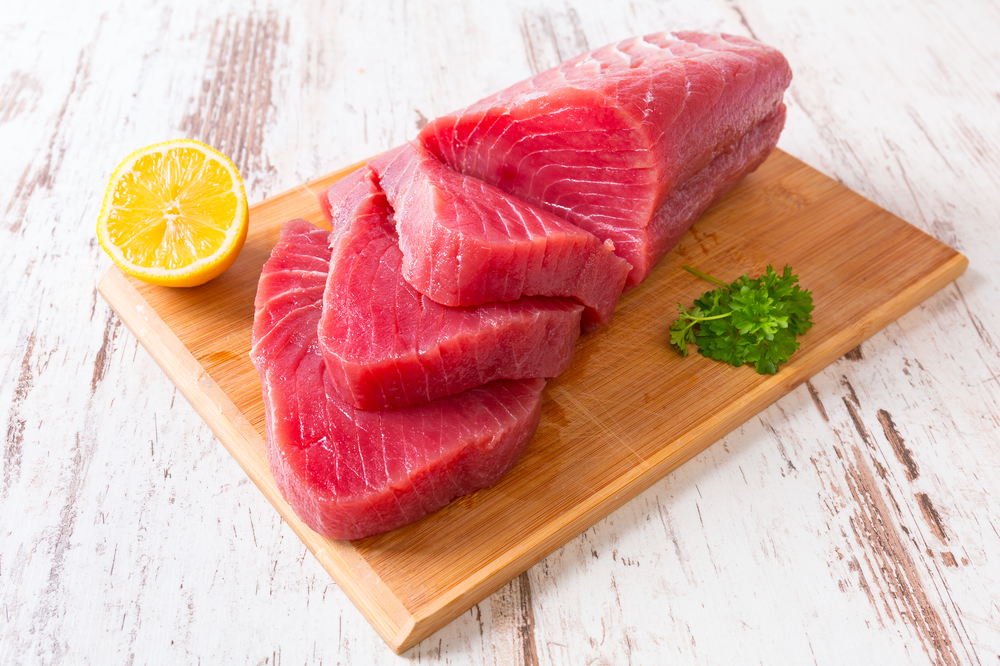
5 Foods to Help Prevent Lupus
Lupus is a chronic autoimmune disease that can cause inflammation and pain in various parts of the body. Symptoms include joint pain, redness, swollen glands, and sensitivity to sunlight. There is no cure for lupus, but you may be able to reduce your symptoms and improve your overall health by incorporating the right foods into your diet. In this article, we will discuss five foods that have been shown to help prevent lupus flare ups:
1. Seaweed
Seaweed is eaten in Japan and Korea as a delicacy. It’s even part of some traditional medicines. It is a great source of omega-3 fatty acids and is loaded with a mineral called selenium, which has been proven to help treat lupus. The edible types of seaweed also help fight inflammation and contain many different vitamins, minerals, and antioxidants, such as iodine. Iodine has been shown to reduce the risk of lupus by 35%.
2. Fatty fish
Fatty fish are extremely healthy for you; salmon, tuna, and mackerel are packed with omega-3 fatty acids, which reduces inflammation and increases the good cholesterol in your body. They are also full of vitamins A and D, which help strengthen your immune system. Vitamin D also helps fight inflammation in the body, a key factor for individuals at risk of developing lupus. Eating fatty fish around 2 times a week will help tremendously to reduce the symptoms of this autoimmune disease.
3. Chia and flax seeds
Chia and flax seeds contain many different minerals, such as magnesium, potassium, and calcium, to help your body fight inflammation from lupus. Flax seeds are also a great source of omega-3 fatty acids, which are known to reduce lupus symptoms. Be sure to always eat both chia and flaxseed with liquid, as both are highly fibrous and absorb water quickly. To prevent a blockage, try sprinkling them on top of some yogurt or a salad, always accompanied by a glass of water. You can even mix them directly into your drink!
4. Walnuts
Walnuts are another superfood that is high in protein and full of omega-3 fatty acids, making them a great alternative for patients who are vegetarian or vegan and don’t eat fish. Some studies have shown that walnuts can reduce inflammatory markers by up to 70%. A handful of them every day can help prevent you from feeling the debilitating effects of lupus.
5. Edamame
Edamame is a genus of dwarf soybeans. They are very high in protein, which helps you maintain muscle mass while reducing fatigue and lowering cholesterol levels. Eating edamame will give you omega-3 fatty acids that help reduce inflammation and fight autoimmune diseases, such as lupus. It also has many different minerals to help your body stay healthy and strong, like magnesium, potassium, and calcium.



